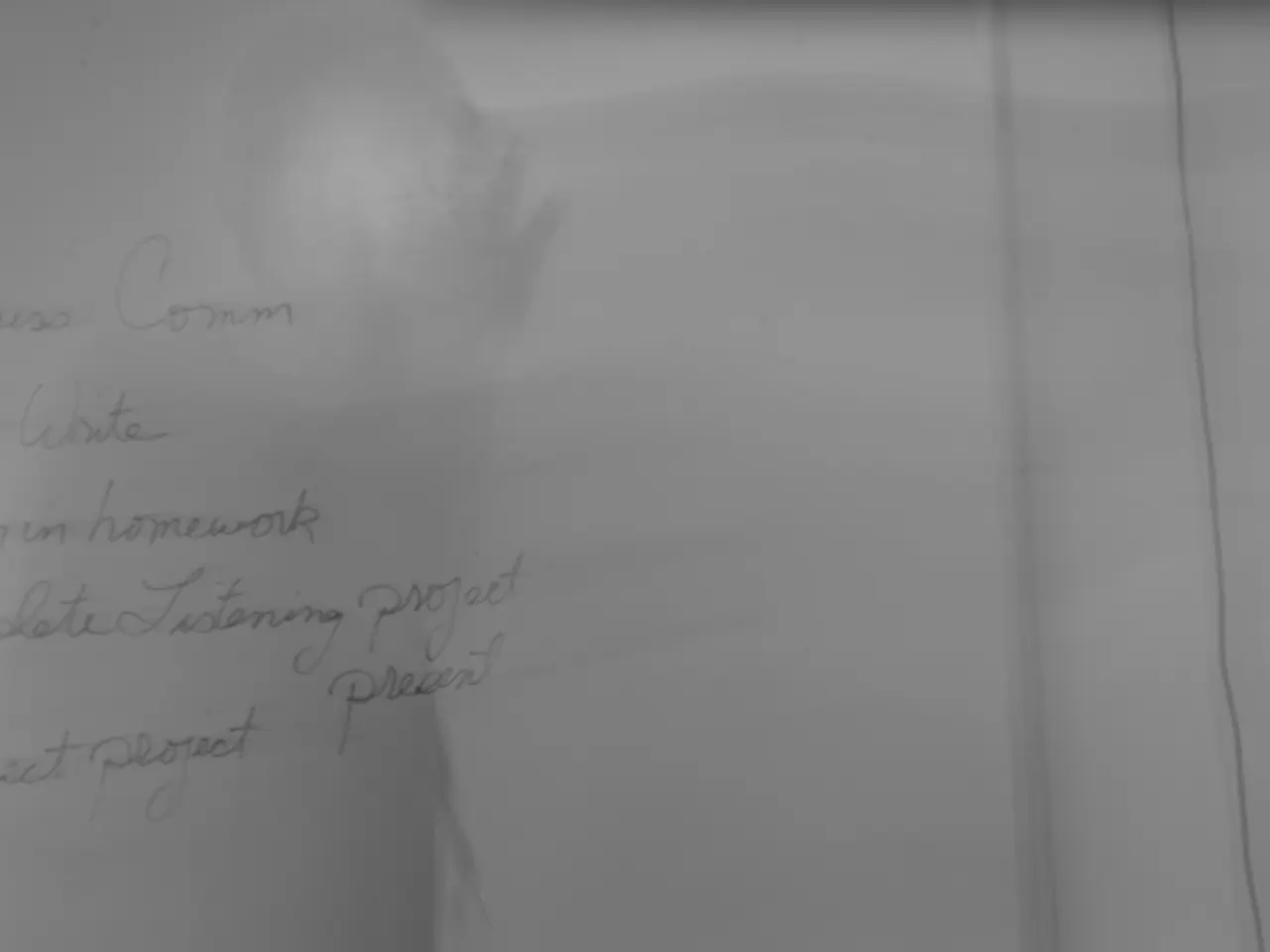Neuroscientific insights suggest ways the influential may drift from tangible reality
In the realm of human dynamics, power plays a pivotal role in shaping our physiology, behaviour, and performance. It can influence our empathic responses, altering the way we connect with others and engage in social interactions.
Research suggests that power can reduce emotional empathy and engagement of brain empathy circuits. High-power individuals may engage cognitive empathy selectively, sometimes for manipulation rather than fostering genuine emotional connections. This can lead to less compassionate and more self-centered interactions.
Neurologically, power influences brain regions such as the medial prefrontal cortex and anterior insula, which are crucial for empathic processing. When these areas are less engaged, powerful individuals show reduced emotional responsiveness, resulting in decreased empathy and prosocial behaviour. Behaviourally, this can lead to social disconnect, increased manipulativeness, and reduced motivation for compassionate actions.
For instance, certain individuals with power may use cognitive empathy strategically to manipulate others ("empathic manipulation") rather than to foster genuine emotional connection, demonstrating a form of dark empathy with intact understanding but selective emotional concern. Furthermore, effective empathy generally requires emotional self-regulation, which can be altered in those wielding power, affecting their capacity to remain emotionally attuned during social interactions.
However, it's important to note that power is not inherently corruptive. While it can enable unscrupulous or selfish behaviour, it does not necessarily corrupt. Power can also release psychological brakes that sometimes prevent us from doing what we want, leading to action and productivity.
In romantic relationships, the distribution of power can influence goal-setting. The more dominant partner tends to design the goals of the couple, while the other may be more submissive and committed. Interestingly, power can also impact sexual behaviour, with people with higher perceived power in a relationship more likely to fantasize about other partners and pursue them.
The study of power and its effects on empathy and behaviour is an active area of psychological and neuroscientific research. For example, researchers at McMaster University found that motor resonance, a fundamental part of empathy, is lower in high-power individuals. Similarly, a study published by researchers at the University of California, Berkeley, reported that powerful people are more likely to lie, cheat, endorse unethical behaviour, and take items that were not theirs.
Moreover, political scientists at King's College London published a study in 2022 that charted an increasing tolerance for authoritarian leaders around the world. This trend, coupled with the re-election of Donald Trump and the perceived end of American 'soft power', suggests a shift in the way people hold or wield power.
In conclusion, understanding the impact of power on empathy and behaviour is crucial for navigating our complex social landscape. By recognising these effects, we can strive to foster more empathetic and compassionate societies, promoting prosocial behaviour and reducing manipulative tactics.
References:
- Keltner, D., et al. (2006). Empathy and Moral Development: Implications for Caring and Justice. Psychological Science in the Public Interest, 7(3), 121-170.
- Galinsky, A. D., et al. (2010). Power Reduces Empathy: Does Moral Development Make a Difference? Journal of Personality and Social Psychology, 98(5), 825-838.
- Guinote, A. (2016). Power and the Mind: The Psychology of Power and the Formation of Social Inequality. Guilford Publications.
- Baumeister, R. F., & Exline, J. J. (2000). The Narcissism Epidemic: Living in the Age of Entitlement. Penguin Group.
- McMaster University, (2018). Power Affects Empathy: Study Shows High-Power Individuals Have Lower Motor Resonance. [online] Available at: https://www.mcmaster.ca/news/news.cfm?hash=4107d7070e [Accessed 10 Mar. 2023].
- University of California, Berkeley, (2012). Powerful People More Likely to Lie, Cheat, and Take Unethical Actions. [online] Available at: https://www.berkeley.edu/news/media/releases/2012/04/23_power.shtml [Accessed 10 Mar. 2023].
- King's College London, (2022). Tolerance for Authoritarian Leaders on the Rise Around the World. [online] Available at: https://www.kcl.ac.uk/news/tolerance-for-authoritarian-leaders-on-the-rise-around-the-world [Accessed 10 Mar. 2023].
- Archives of Sexual Behavior, (2024). Power and Infidelity: An Examination of the Relationship Between Perceived Power and Infidelity in Dating Relationships. [online] Available at: https://doi.org/10.1007/s10508-024-02560-6 [Accessed 10 Mar. 2023].
- Research in psychology and neuroscience indicates that power can diminish emotional empathy and reduce engagement of brain empathy circuits, which can lead to less compassionate interactions.
- High-power individuals may strategically use cognitive empathy for manipulation rather than fostering genuine emotional connections, demonstrating a form of dark empathy often associated with reduced empathy and prosocial behavior.
- Recent research in health-and-wellness and mental-health fields explores the impact of power on the brain's capacity for emotional self-regulation and empathic processing, shedding light on the potential consequences for social interactions and interpersonal relationships.
- In the realm of finance and business leadership, understanding the effects of power on empathy and behavior becomes crucial for establishing ethical, compassionate, and productive work environments.
- Political scientists have observed an increasing global tolerance for authoritarian leaders, along with the re-emergence of power dynamics that challenge traditional notions of American 'soft power', underscoring the importance of ongoing research in this area to promote empathy and prosocial behavior in political affairs.
- Future studies in neuroscience and psychology may delve deeper into the relationship between power, infidelity, and sexual behavior, revealing whether high perceived power increases the likelihood of infidelity and unfaithful tendencies in dating relationships.




